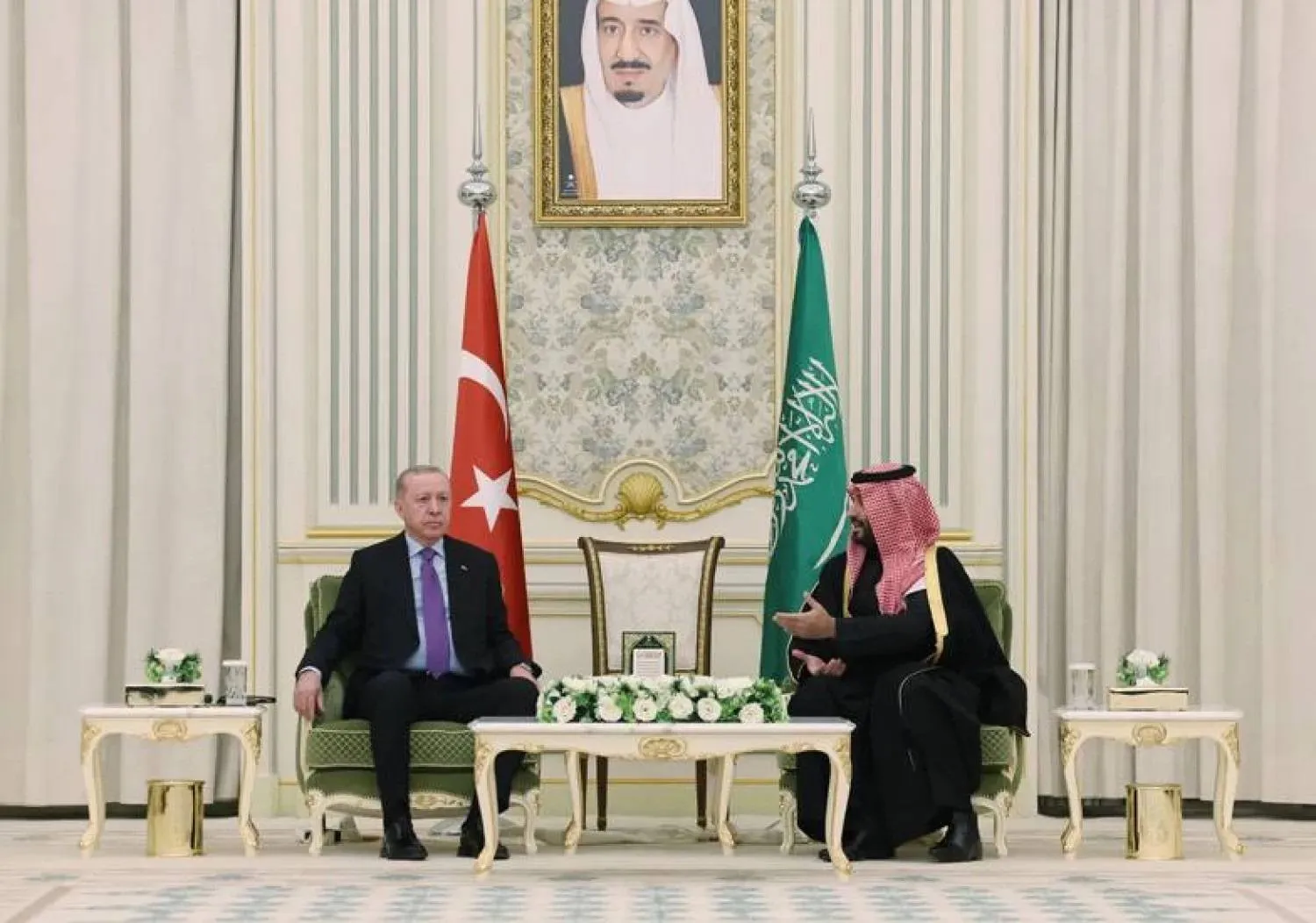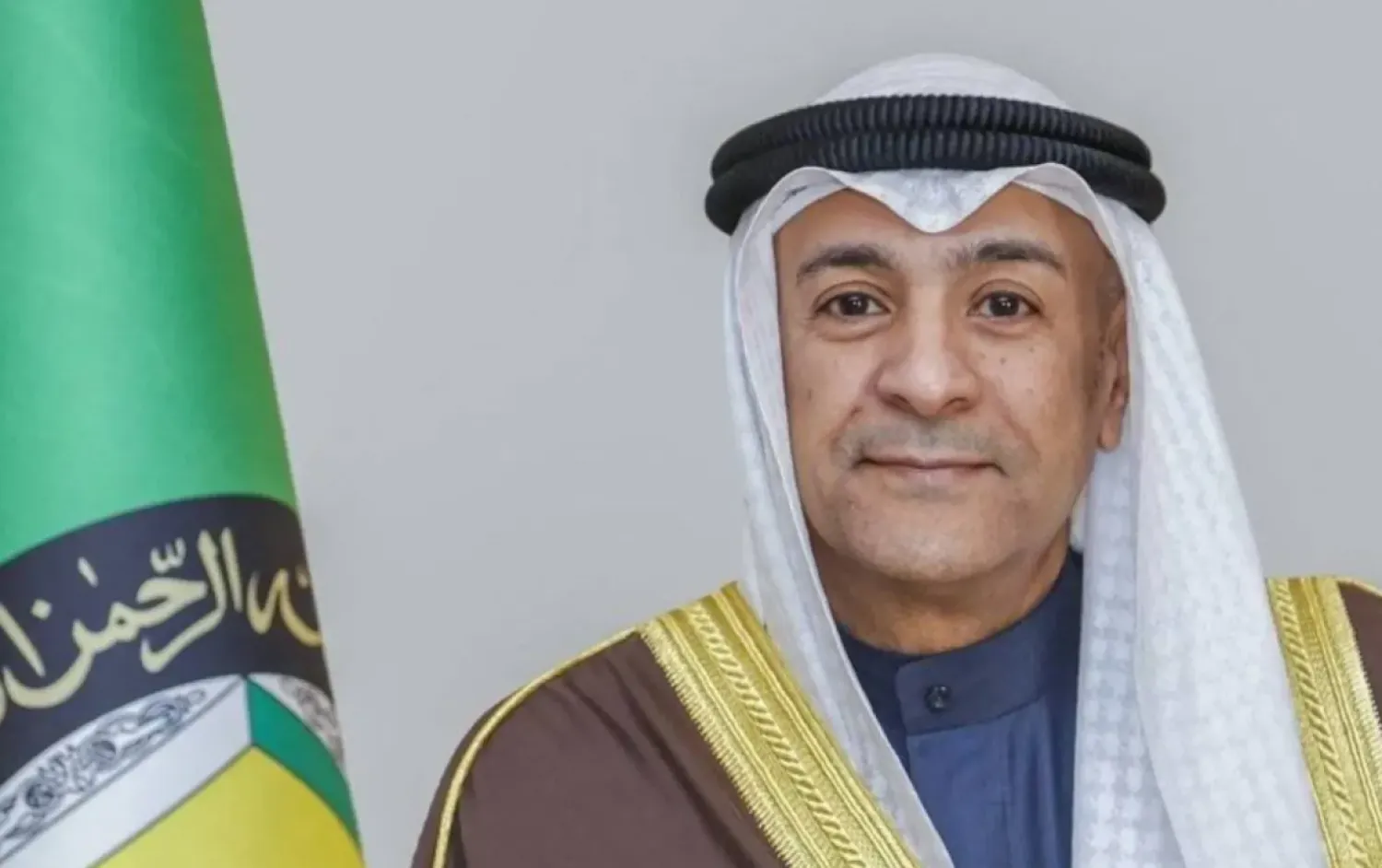Abdulmajeed Al-Banyan, president of Naif Arab University for Security Sciences (NAUSS), has emphasized NAUSS’ keen interest in emerging technologies, such as autonomous systems, with one prominent example being unmanned aerial vehicles, commonly known as drones.
The university views drones as a crucial tool for enhancing security, improving its efficiency, while also recognizing the potential risks they pose when falling into the hands of criminal organizations and gangs.
Al-Banyan urged the necessity of taking the initiative to enhance the capabilities of Arab security agencies and their personnel in confronting these risks and threats.
This can be achieved through legislative measures and systems, as well as by developing human capacities through advanced training in collaboration with relevant international institutions.
Al-Banyan also stressed how essential it is to devise technological solutions that align with security challenges, in accordance with the priorities of the Arab region.
Additionally, support for decision-making should be provided through the preparation of studies and reports.
Al-Banyan’s remarks were delivered during the inauguration of the workshop titled “Utilizing Drones in Security Domains: Opportunities, Challenges, and Policies.”
The workshop commenced on Monday at NAUSS’ headquarters in Riyadh.
Conducted in collaboration with the Korean Institute of Aviation Technology and Safety, the workshop spans three days and brings together 140 experts from Jordan, the United Arab Emirates, Bahrain, Djibouti, Saudi Arabia, Somalia, Oman, Qatar, Libya, the United States, South Korea, Malaysia, Spain, and INTERPOL.
Al-Banyan elaborated that NAUSS, through its academic, training, and research programs, as well as its scientific endeavors, is committed to executing the scholarly aspect of the Arab security strategies and plans ratified across various security realms.
These efforts are directed towards realizing their objectives and aims, including this workshop, which is held within the framework of constructive collaboration and strategic partnership with relevant Korean institutions.
Al-Banyan underscored NAUSS’ contributions that entail enhancing human capacities and supporting security decision-making, a feat achieved through the invaluable support from the host state, Saudi Arabia.









